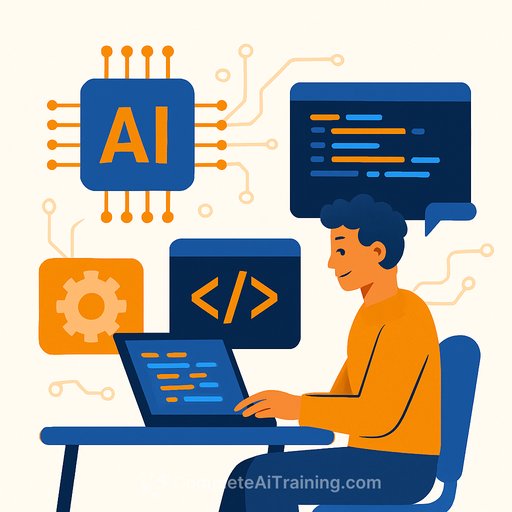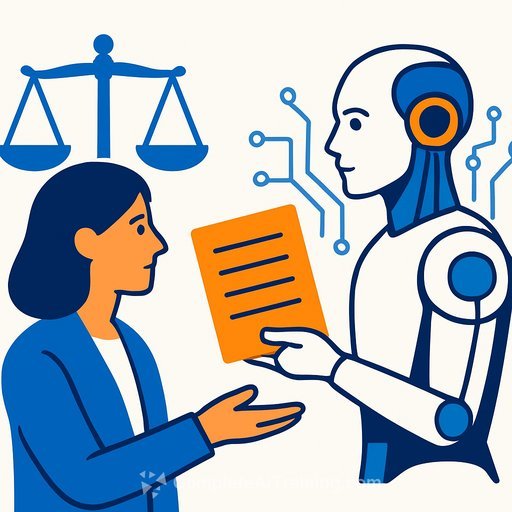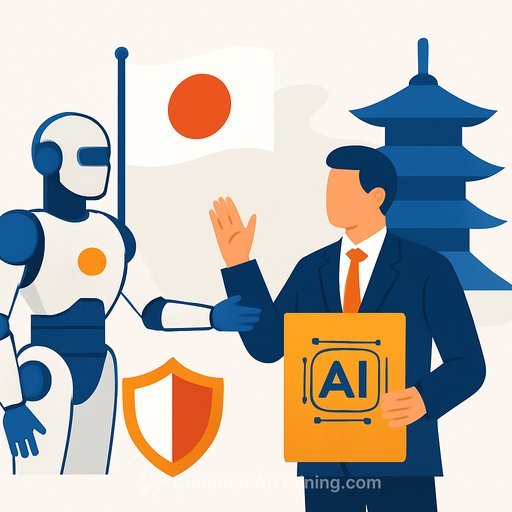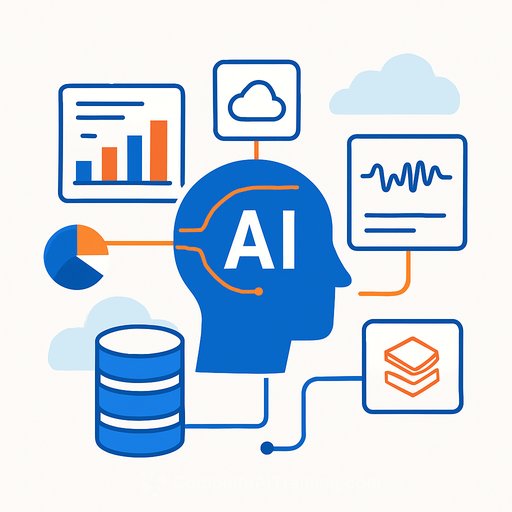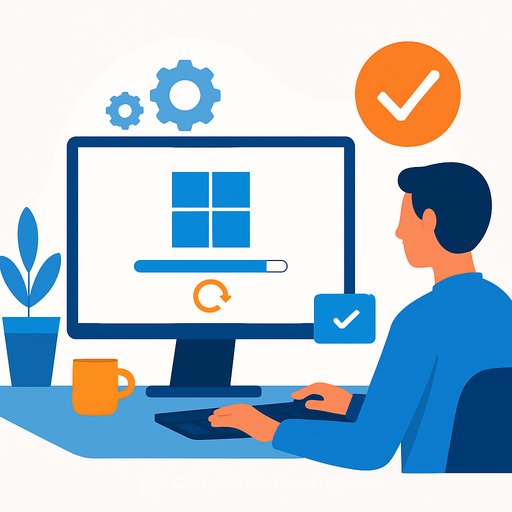How AI is Transforming Software Development for the Better
Generative AI tools are changing how software is built, maintained, and scaled. By automating repetitive and time-consuming coding tasks, AI lets developers focus on strategic and creative challenges. This shift is reshaping workflows and expectations, even as teams experiment to find the best ways to integrate these new tools. The role of the developer is evolving in real time, with AI-assisted development speeding up code generation, fostering more inclusive collaboration, and redefining technical expertise.
Why Are We Still in the “Experimentation” Phase of AI-Assisted Development?
AI-assisted development is still in trial-and-error mode. Tools are advancing so fast that no single best practice has emerged. Developers frequently test new methods to see what works and how to best include AI in their processes. This experimentation is crucial for shaping AI into practical, reliable tools suited for real projects.
One clear sign of this shift is how often developers change their code editors—sometimes every six months—as AI features are integrated. Tasks like drafting complex algorithms, refactoring code, or generating boilerplate that used to take years to improve now happen much faster. In fact, some startups have up to 95% of their codebase produced by AI, though developers still need solid coding skills to debug and refine this output.
How Is AI Changing the Role of the Developer?
The idea that AI will replace developers is misleading. Instead, developers’ focus is shifting. They’re spending more time on high-level problem-solving, designing system architecture, and managing ethical AI deployment. This shift means developers engage in more creative and rewarding work, remaining essential to the process and firmly in control of technology decisions.
What Does the Rise of LLMs and Code Generation Mean for Future Workflows?
Large Language Models (LLMs) and code generation tools let developers describe software needs in plain English, creating initial code drafts automatically—a process sometimes called “vibe coding.” This lowers barriers, allowing non-traditional developers to participate and making workflows more collaborative and faster. AI handles early drafts, while developers refine and optimize the code.
This approach accelerates development and broadens who can contribute. Developers are increasingly valued for their deep technical knowledge and problem-solving skills, handling tasks like secure backend logic that have become standard expectations.
What New Developer Job Titles or Responsibilities Might Emerge?
Experienced developers can boost productivity and explore new opportunities at the intersection of AI and traditional tech. New roles may appear, such as AI system trainer or AI ethics engineer, focused on guiding and overseeing AI tools.
Core skills like critical thinking, intuition, and experience remain important but will be applied in evolving ways. Developers will need to adapt to roles that require creativity, problem-solving, and a deeper technological grasp.
How to Strike the Right Balance Between Automation and Human Insight?
Automation excels at speed and scale but can’t replace human judgment, creativity, or ethical reasoning. Developers should focus on their strengths: understanding context, making nuanced decisions, and thinking beyond standard solutions.
Human empathy and insight remain crucial in many roles, often undervalued today. As AI handles more routine work, the value of entirely human-created products and thoughtful human input may increase. The key is ensuring AI enhances human potential rather than replaces it.
For developers interested in expanding their AI skills and adapting to these changes, exploring specialized training can be a smart move. Resources like Complete AI Training’s courses by job offer practical pathways to stay ahead in this shifting landscape.
Your membership also unlocks:

